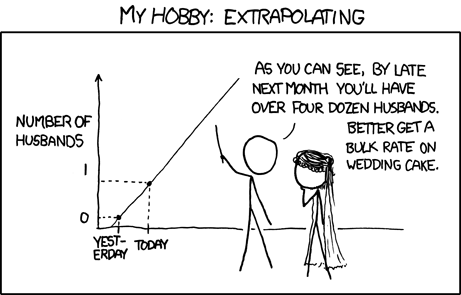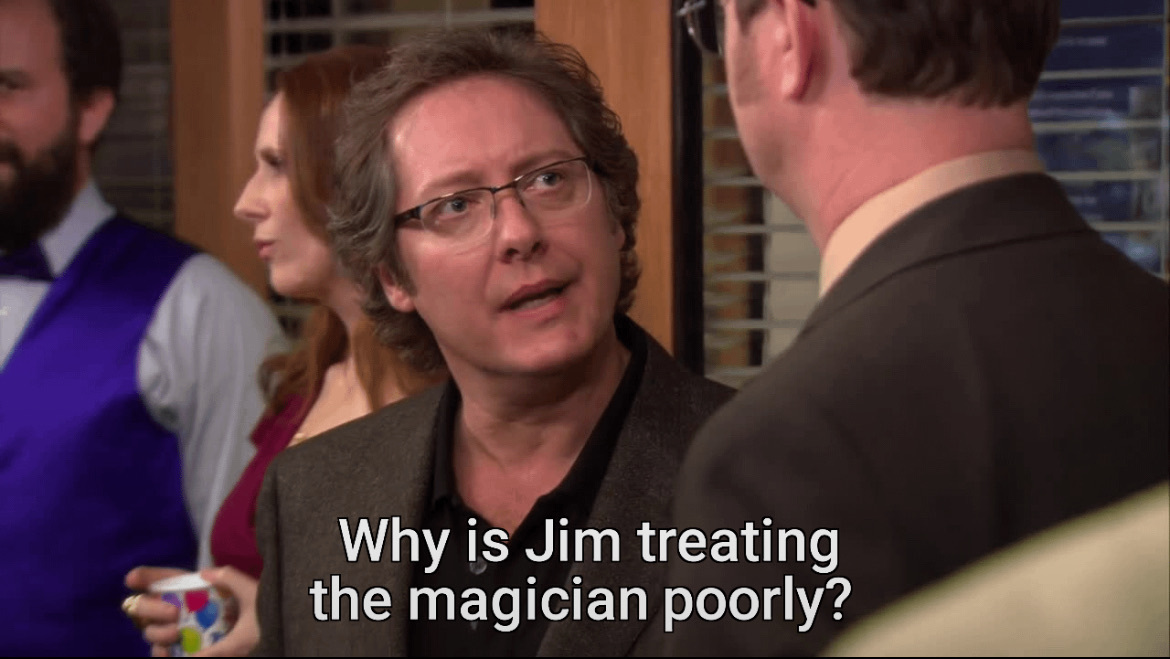
And to think it all started with 30-50 feral hogs.
TBF, this is modern Google, it’s more likely just enhanced spam.
The pictures are making their way to meme generator sites. https://imgflip.com/memegenerator/556562065/Trump-working-at-McDonalds
Someone else I just read compared this to a make-a-wish® activity.
I think that scent is his adult diapers, actually.
One specific franchise location and they were closed to customers during the visit with the staged customers all vetted by USSS and having gone through a rehearsal ahead of time to practice what they were going to do.
I know a few physicians who have already been seeing it in their practice.
Added to the list of “it would been big deal in the news if discovered happening in secret, but is ignored because trump announces it out loud”
Except things like law exist in a measurable state. Violating a law has a measurable outcome in the physical world. That’s the difference. If you run a stop sign in the presence of observers such as a police officer (such that it has an impact on that observer) you will be issued a citation for violating that law. We can test that hypothesis.
If something has no measurable presence under any observable state it is indistinguishable from that which does not exist. And to assume it does is tautological and a fallacy.
How would the world change if god didn't exist the way I described, as being socially real? There'd be no churches, no religious art, no pilgrimages that attract tens of millions each year.
That is tautological and presumes the antecedent. It’s true because they have these experiences and produced these objects. It wouldn’t be true if they hadn’t done that.
I didn’t ask, how would the world would change if people did not believe that God existed. I asked how it would change if God actually did not exist whether they believed or not. 
I’m looking for the major distinguishing characteristic that would differentiate belief in something untrue versus the actual no existence in that. It’s accurate to say that if belief was none existent, those buildings, rituals, etc. would not exist, but that doesn’t distinguish between people believing it to be true yet it not actually comporting with reality.
Those things you mentioned aren’t reliant on being consistent with reality only on people believing that they experience something that is unmeasurable in any actual sense. Our history is full of times where people believed something and developed practices, rituals, stories, and structures in recognition of those beliefs and purported to experience the presence of that belief target only for later peoples to recognize that those beliefs weren’t based on any thing that comported with reality.



